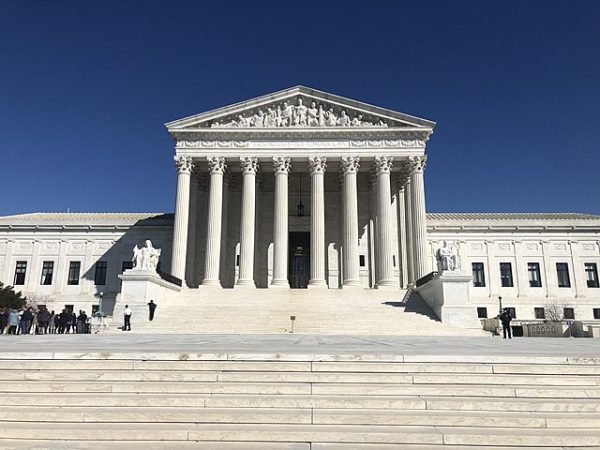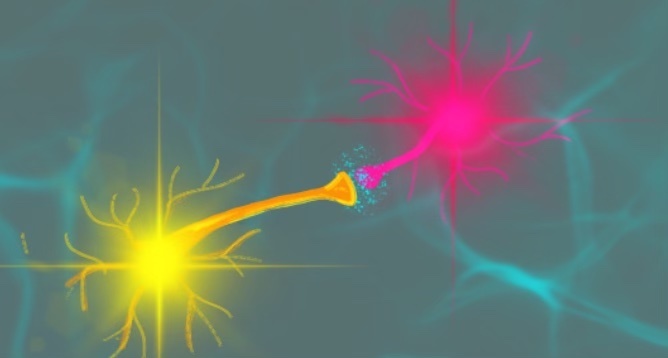The Georgetown University Global Health Institute invited four reproductive health and justice experts to weigh in on the human rights impacts of abortion bans in the United States at an April 18 online seminar.
Georgetown’s O’Neill Institute for National and Global Health Law co-sponsored the talk, along with Ipas, an international organization that seeks to increase abortion and contraception access, and Physicians for Human Rights (PHR), a non-profit group that advocates against human rights violations related to health care. The event preceded the United States Supreme Court’s move to hear arguments April 24 in Idaho v. United States and Moyle v. United States, cases that will decide if the Emergency Medical Treatment and Labor Act (EMTALA) — a federal law that requires hospitals that receive funding from Medicare to provide patients with stabilizing treatment — could supersede state abortion bans in emergency medical situations.
Rebecca Reingold, associate director of the O’Neill Institute and moderator of the discussion, said that, while many state bans allow abortion in cases where it is necessary to prevent the death of the pregnant person, such circumstances remain ill-defined.
“Medical exceptions frequently rely on language that is confusing or unclear, making it extremely difficult for physicians to determine whether patients experiencing medical emergencies qualify,” Riggins said at the event.
Idaho’s abortion ban — one of 14 total abortion bans at the state level — only permits abortion in cases of rape, incest and ectopic pregnancy, a life-threatening condition where the fertilized egg implants outside the uterus. EMTALA, on the other hand, necessitates medical treatment, like abortion, in a more wide-ranging set of circumstances that pose harm to the patient.

Since the Supreme Court revoked the constitutional right to abortion in Dobbs v. Jackson Women’s Health Organization, the United States has stood in opposition to the global trend of abortion laws that increasingly make the procedure accessible, according to Dr. Tlaleng Mofokeng, special rapporteur to the United Nations and adjunct professor at the Georgetown University Law Center.
“It has to be said that the United States is regressing,” Mofokeng said at the event. “They are the ones who are the outliers, they are not setting the standard for the rest of the world to follow. In fact, the ways in which they have politicized this particular issue — the ways in which non-governmental, religious, conservative movements have made a concerted effort to roll back these rights — it’s actually a dissent against human rights.”
Payal Shah, director of the Program on Sexual Violence in Conflict Zones at PHR; Dr. Michael Belmonte, a PRH fellow and obstetrician-gynecologist in Washington, D.C.; and Dr. Guillermo Ortiz, an obstetrician-gynecologist from El Salvador and a senior medical advisor at Ipas, joined Mofokeng in discussing how international human rights standards and clinician experiences can inform reproductive justice efforts in the United States.
Shah’s research documents the experiences of physicians working in states with restrictive anti-abortion laws. Her interviews with clinicians revealed that they worry about the legal consequences of providing abortion, even if the procedure protects a pregnant person from death or injury. In Texas, doctors who perform abortions may face lengthy imprisonment, fines up to $100,000 or loss of their medical license, while other states, like Louisiana, have passed similar measures.
According to Shah, pregnant people can face physical and mental trauma when abortion bans force providers to delay or withhold patient care.
“Our research unequivocally illustrates that the criminalization of abortion and the unpredictability of medical exemptions is leading to a human rights crisis in the United States,” Shah said at the event.
Claire Deng (CAS ’25), a pre-medical student at Georgetown, said that such narrowly-defined medical exemptions to state abortion bans could make it challenging for practicing physicians — as well as future generations of doctors — to protect their patients from harm.
“It’s shocking that health care providers could risk their livelihoods by providing essential patient care,” Deng told The Hoya.
Belmonte agreed that navigating the United States’ evolving political landscape of abortion restrictions has grown increasingly challenging, especially as other domains of medicine face less interference from the government.
“Will I be second-guessed because a jury who doesn’t have my medical training and expertise is then going to decide if they felt like my judgment was wrong?” Belmonte asked at the event.
Mofokeng, who is also an abortion provider, said that defending human rights and destigmatizing abortion continues to underpin her calling to practice medicine.
“I think it’s important for us as health care workers — and providers generally — to understand our role and how the practice of medicine is being attacked and criminalized, but also the power that we have as advocates for patients and science,” Mofokeng said.









